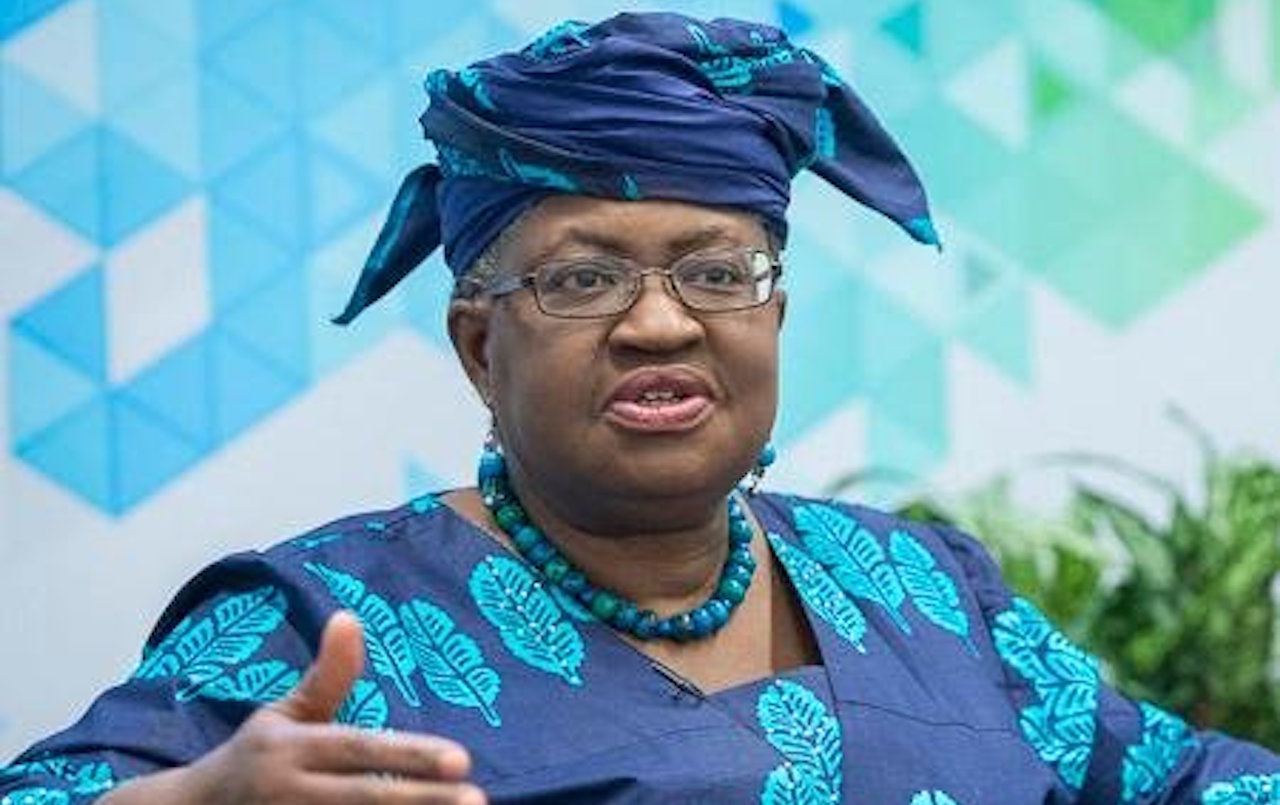One international development economist has raised concern that more developed countries could engage in protectionism practices when it comes to vaccination for the dreaded COVID-19, leaving more vulnerable countries out in the cold.
Recalling that several developed countries engaged in trade restriction of personal protective equipment (PPE) and some food items during the height of the pandemic, Washington-based economist Dr Ngozi Okonjo-Iweala did not rule out the possibility of countries trying the same tactic with the vaccines.
She was speaking as the special guest at the 45th anniversary of the Sir Winston Scott Memorial Lecture, which was done virtually under the topic International Cooperation in the time of COVID.
“We are hoping that with respect to vaccine, when this becomes available, because it is also a traded commodity, that will not have the kind of restriction,” said Okonjo-Iweala, who is the Chair of the Global Alliance for Vaccines and Immunisations.
“Vaccine nationalism isn’t going to work, because even if you get all your population vaccinated, as long as there are others outside who have not been, the possibility of people getting the disease back is quite high. So vaccine nationalism doesn’t work,” she further warned.
One of the vaccines developed could require a -80-degree storage as opposed to the -20-degree temperature normally required for other vaccines, which Okonjo-Iweala said could also be problematic for poorer countries.
“It is one thing to have the vaccine, it is another to have the facilities to be able to distribute this,” she said.
“So, in trying to acquire and distribute vaccines, you have to look also at how easy it is to get them across the low-income countries and whether it is two doses or one dose,” she added.
Insisting that international cooperation was “absolutely necessary” for countries to emerge from the current health pandemic and have favourable economic growth, the economist said, “until we solve the health aspect of the COVID, we won’t be able to tackle the economic aspect appropriately”.
“Right now we need to find a way that smaller countries, poorer countries can access these vaccines, and often because of the cost of vaccines the problem with distribution is not just getting the vaccine but getting them where they are needed. These are some of the challenges we have. That is why I think it is important to having a global approach,” she explained.
It is expected that when a COVID-19 vaccine becomes available, frontline workers will be among the first to receive, followed by the most vulnerable groups.
Okonjo-Iweala also spoke to issues relating to debt, stating that she believed high debt levels will be more severe in the coming year, as countries continue to put measures in place to help its citizens and keep economies afloat.
She said while debt levels were expected to be more manageable for more developed countries, it will definitely be different for low-income countries and even some high-income countries in the Caribbean.
“Sometimes interest rates are in the double-digit because the perception of risk in these countries is much higher, so that makes the issue of debt and debt service very difficult,” Okonjo-Iweala explained.
She said this meant that the International Monetary Fund (IMF) and other multilateral organisations would have to work closely with countries, especially low-income states, to come up with debt management policies so they could create the necessary fiscal space.
“So we have to find a way so that highly indebted countries are able to have this debt suspended for a period of time so they can use the money they would have used for debt service to take care of their needs, and then in the next year or so to see how we can restructure some of this debt and some may have to have some of their debt cancelled,” the economist recommended.
Although pointing out that some of the multilateral institutions have already started to offer some level of relief to some countries, she said it simply did not go far enough.
Okonjo-Iweala, who is in the running to become the first Director-General of the World Trade Organization (WTO), said she believed that organization could have been more effective during the export restrictions earlier this year, but said she was confident work was being done to correct any shortcomings.
The Nigerian-born reform economist said it was her hope to see greater collaboration between the Caribbean and Africa, especially when it comes to tourism and education and goods and services.
“Why don’t we work harder together so that we can have an interchange of things?” she questioned.




